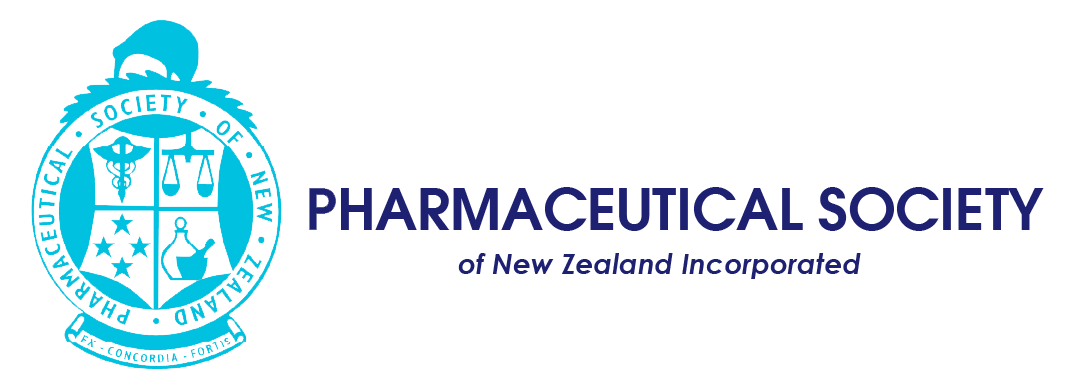NZ Communities Need Minor Ailments Scheme (MAS) to Relieve System Pressure
Communities struggling to get access to health care need Te Whatu Ora to continue its Minor Ailments Scheme
(MAS) to allow them to be treated for minor conditions in pharmacies across the motu, Pharmaceutical Society of New Zealand (PSNZ) President Rhiannon Braund said today.
Professor Braund says that while PSNZ acknowledged the scheme needs to be evaluated, ongoing system pressures means it also needs to continue while that occurs to ensure people receive the treatment they need.
MAS started in June to funds pharmacies in Te Tai Tokerau (Northland), Auckland, Tauranga, Palmerston North, Wellington and Hutt Valley, Christchurch, and Invercargill to offer free consultations and over the counter (OTC) treatment to some groups for approved conditions, including scabies, headlice, acute diarrhoea and minor skin infections to relieve Winter system pressures.
“Treating minor ailments at community pharmacies means people are seen earlier and those minor conditions don’t worsen and end up with people affected needing to go to emergency departments. That’s good for them, their whānau and the system,” says Professor Braund.
“PSNZ has written to Te Whatu Ora asking for a continuation of the scheme while the evaluation is undertaken.
Our understanding is that pre-evaluation data shows there have been around 70,000 consultations, or around 1,200 a day, since the service began and there is still money in the budget for this service to continue.
“We all know the health system remains stretched with many people and their whānau unable to either enroll in a general practice or get an appointment if they are enrolled.”1
“Continuing this scheme after its planned end date on 30 September 2023 will help to relieve this pressure by allowing many people to receive health care for minor ailments at their local pharmacy. This is particularly important for minor ailments like scabies that can affect a whole whānau.
“We know from our members, most of whom work in community pharmacies, that this service has made a difference to thousands of whānau and allowed pharmacists to provide them with the health care they need.
“If it is stopped, direct to consumer communication is needed to ensure that the service users are aware the service is no longer funded, and pharmacists will be unable to provide it,” she says.
1 https://www.nzherald.co.nz/nz/...
Monday 18th September 2023

